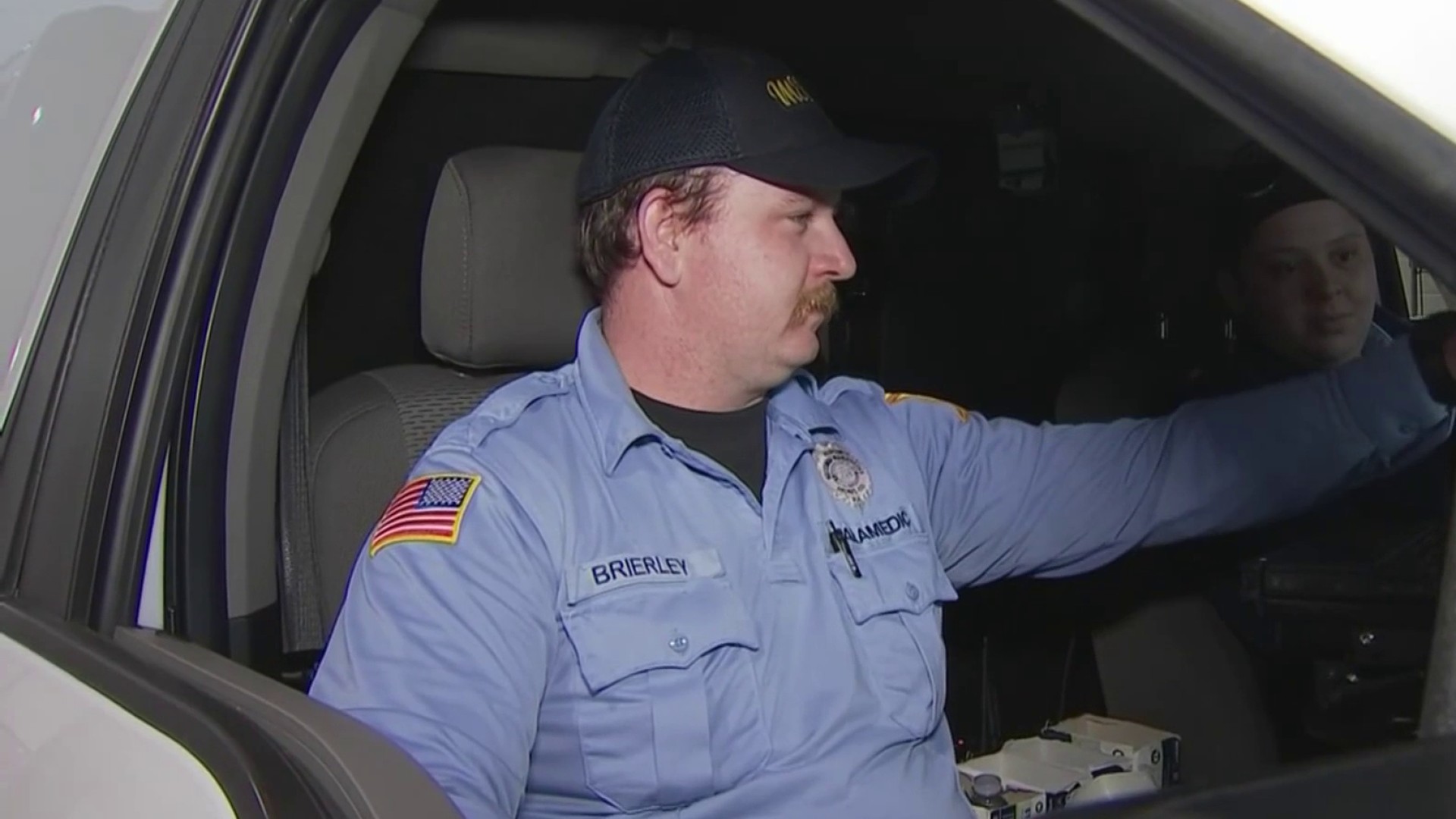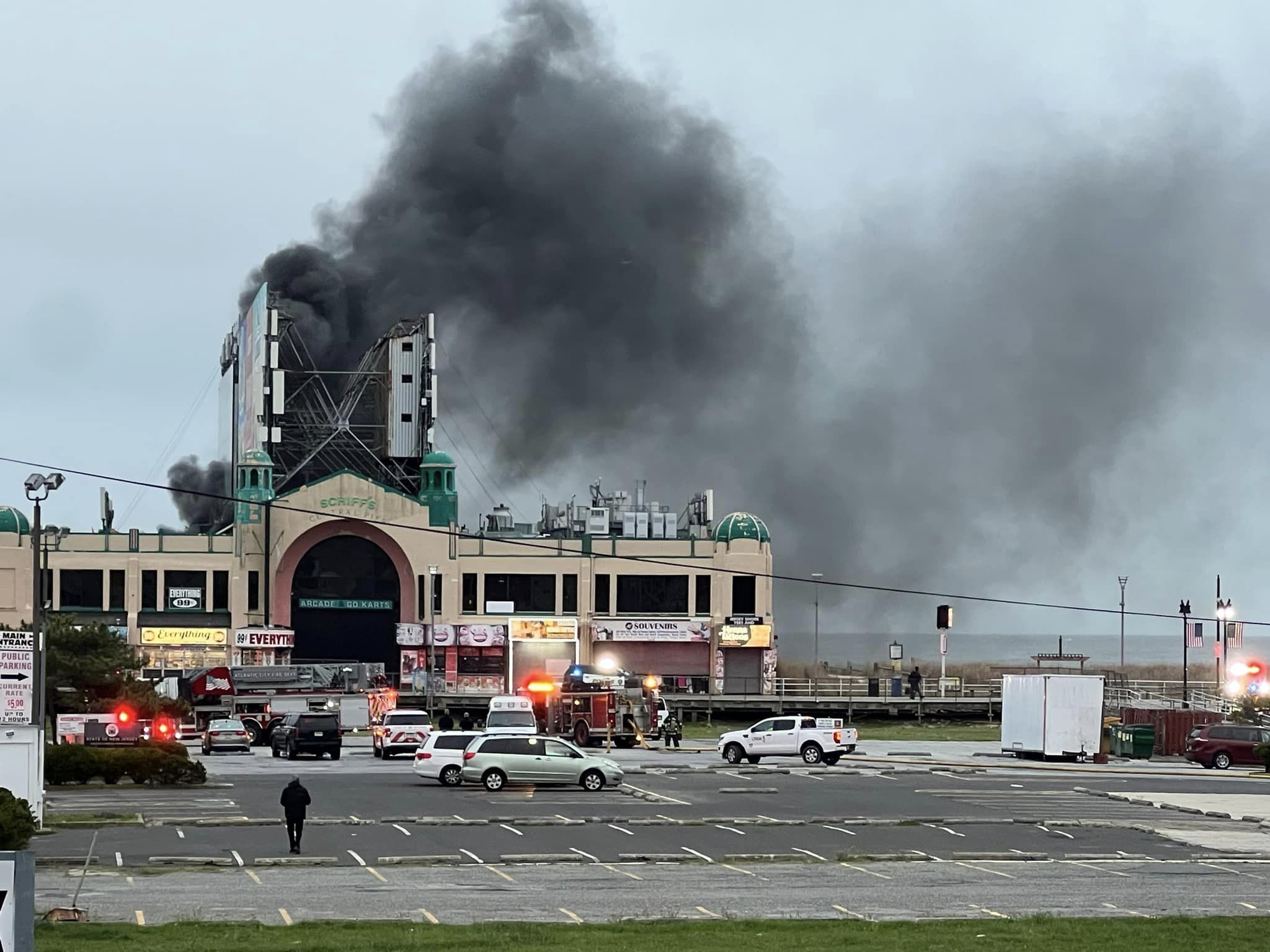UPDATE: Philadelphia Mayor Jim Kenney has confirmed the suspect is HIV positive. Click here for HIV resources.
The man accused of raping several women in South Philadelphia is infected with HIV, NBC10 confirmed.
Safien Williams, a Philadelphia Streets Department employee, was charged Tuesday with three rapes and an indecent assault in the Point Breeze neighborhood.
The rapes occurred on Mifflin and Bancroft streets and the assault on South 16th Street. In May 2018, another woman was raped on Morris Street.
In each case, Williams, 37, followed the women during late-night or early-morning hours to their homes or places of business, investigators said.
Philadelphia Police Commissioner Richard Ross called Williams a "very violent predator who essentially terrorized an entire neighborhood."
Police fear additional victims have yet to come forward and encouraged people report assaults, regardless of their immigration status.
Local
Breaking news and the stories that matter to your neighborhood.
The Philadelphia Police Department, however, and the Philadelphia District Attorney's Office did not comment on Williams' health status.
The city's health department also would not comment on Williams' status, but said in a statement that "all the victims who have come forward are being offered the appropriate counseling and medical care."
"We urge anyone who has been the victim of sexual assault to seek the proper medical care," a spokesman for the Philadelphia Department of Public Health said in an emailed statement.
Williams was assigned a public defender but the lawyer's name has not been provided yet, according to court records.
HIV is spread through blood, semen, breast milk and other bodily fluids. Sharing needles or having unprotected anal sex puts people at especially high risk of infection.
About 19,000 people are currently living with HIV in Philadelphia, according to Dr. Sara Schultz, an infectious disease specialist at Drexel University College of Medicine. People who think they might have been exposed to the virus should seek medical attention immediately.
"After a sexual assault, it is unlikely but possible to transmit HIV depending on various factors ... including how much HIV [the attacker] had," Schultz said.
If an HIV patient's status is undetectable, then transmission is less likely, she added. But if someone with HIV is not on medication, has not been diagnosed or very recently contracted HIV, then the transmission risk increases.
"Time is of the essence," Schultz said.
Advances in medicine have made it possible for people exposed to the virus to drastically reduce their risk of transmission by taking a medication every day for 28 days. Nonoccupational postexposure prophylaxis, or nPEP, is most effective when taken within 72 hours.
"The sooner this is started after an assault, the better," she said.
Go to the City of Philadelphia's website for more information and available resources.



